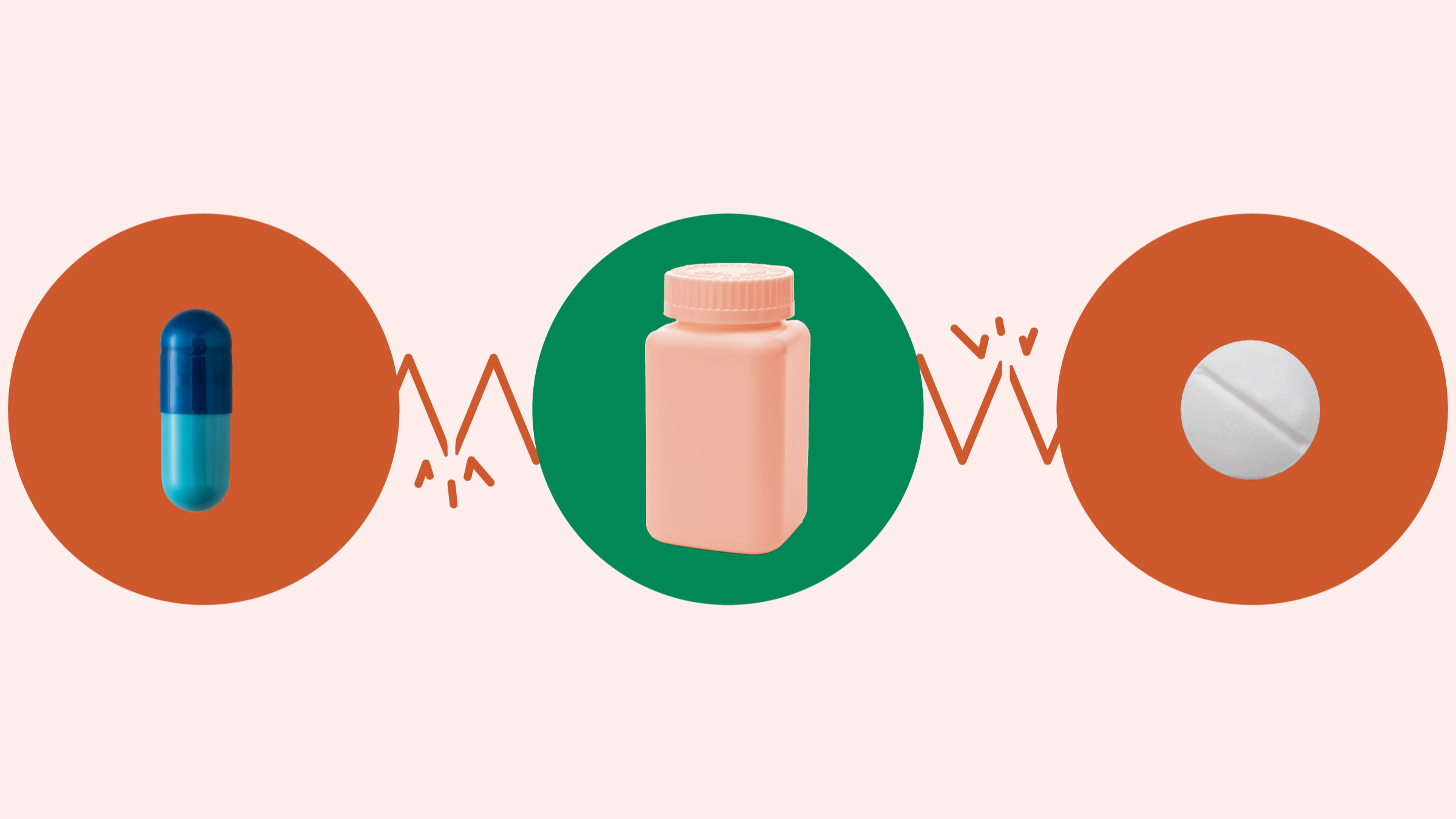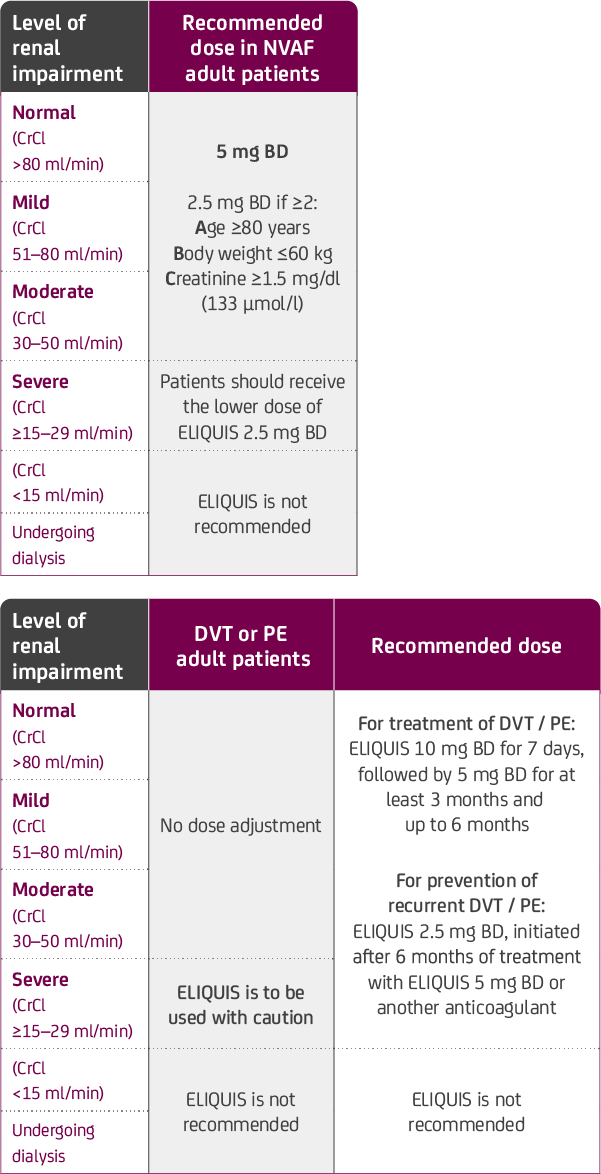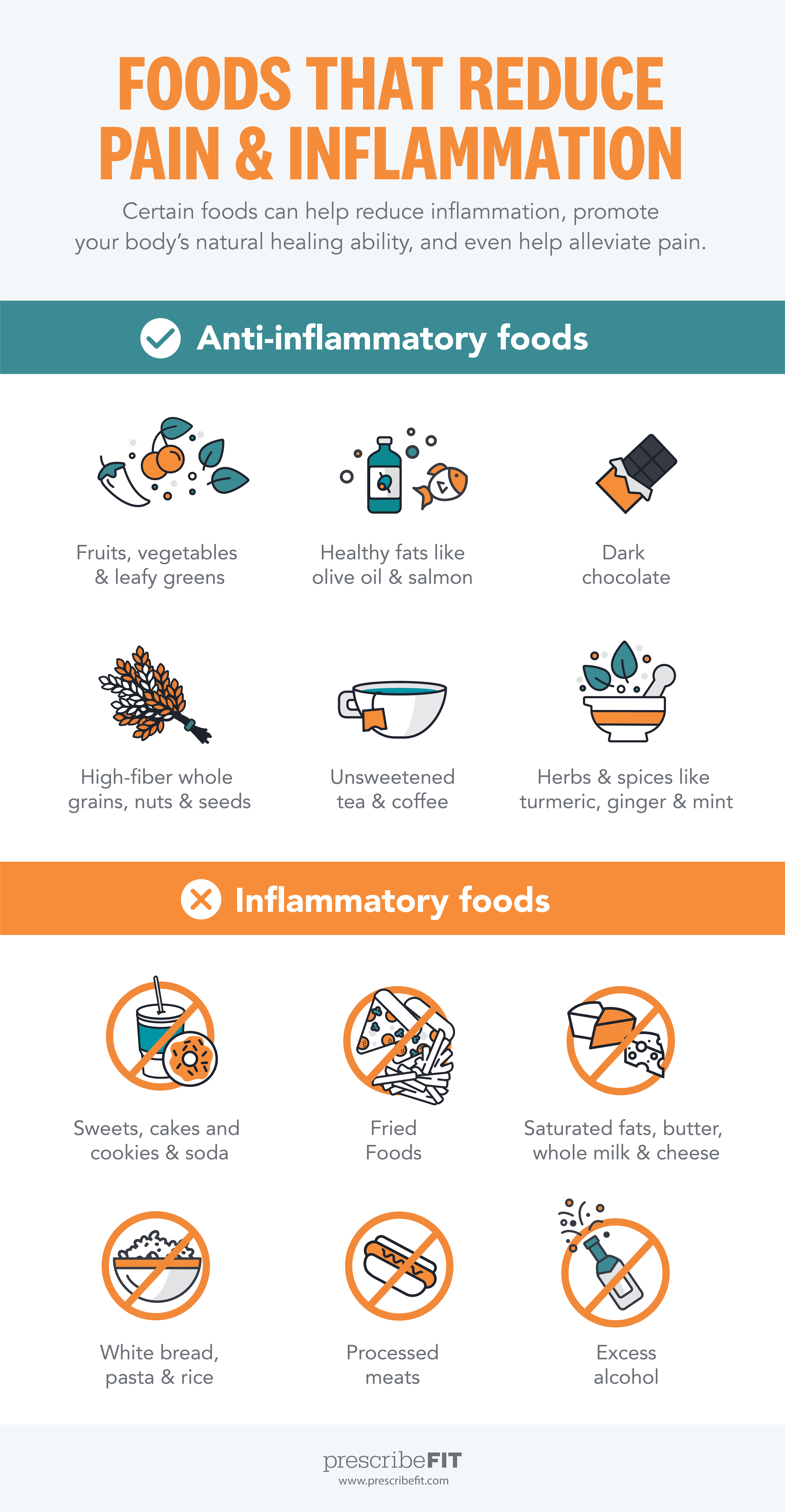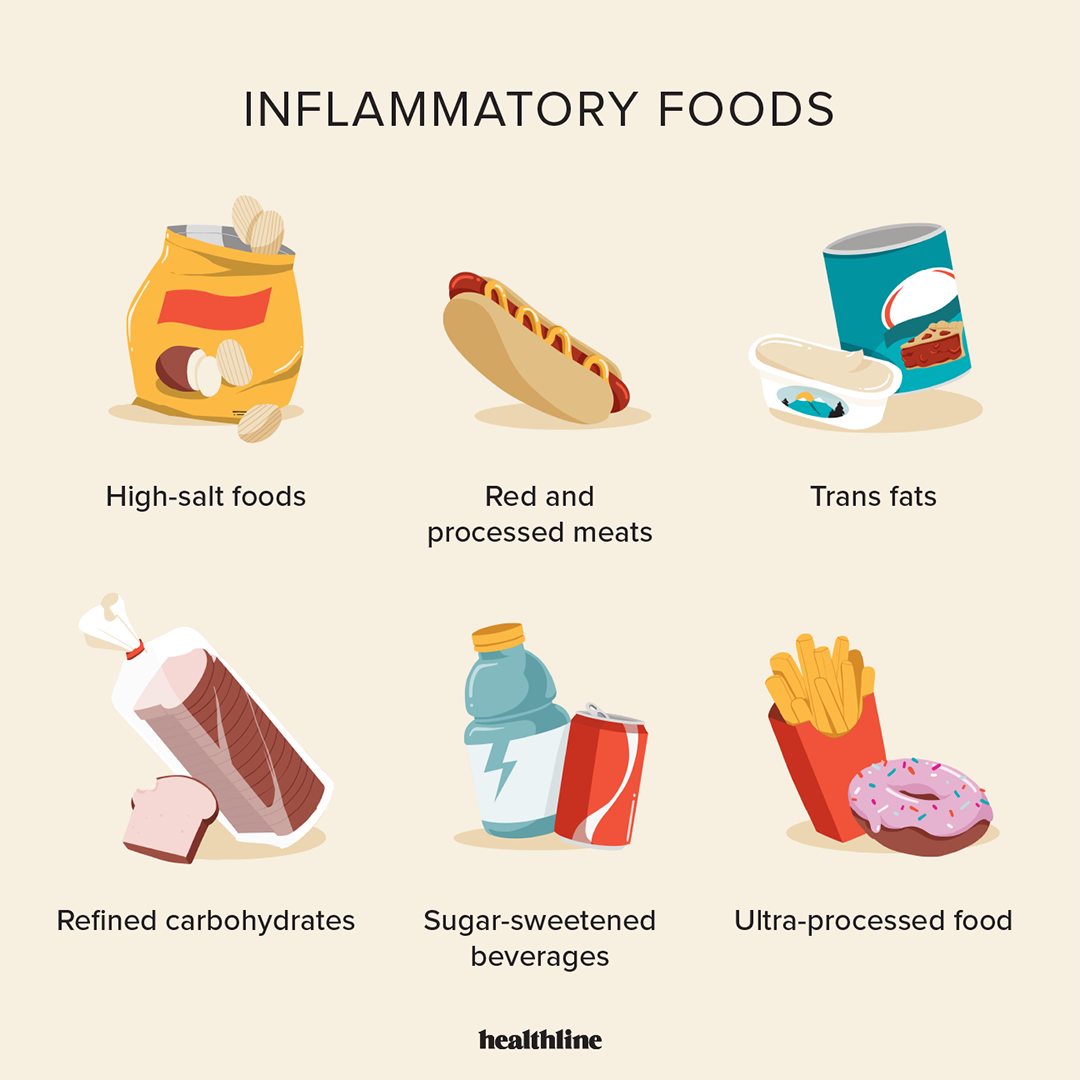What Antiinflammatory Can I Take With Eliquis
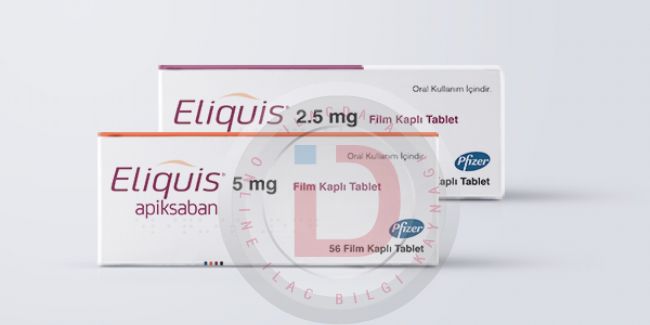
Imagine waking up with a throbbing headache, the kind that makes you want to pull the covers back over your head and retreat from the world. But you can't. You have a busy day ahead, and the thought of enduring the pain is unbearable. Usually, you'd reach for an anti-inflammatory like ibuprofen, but you remember you're on Eliquis, a blood thinner. A wave of uncertainty washes over you – can you even take anything? The question hangs in the air, a common worry for many navigating the complexities of medication interactions.
The big question: What anti-inflammatory can you safely take with Eliquis (apixaban)? While some over-the-counter pain relievers are best avoided, safer alternatives exist. Understanding these options and consulting with your doctor is crucial for effective pain management without increasing the risk of bleeding.
Understanding Eliquis and Its Role
Eliquis, also known by its generic name apixaban, is a direct oral anticoagulant (DOAC). It works by inhibiting a specific clotting factor in the blood, reducing the risk of blood clots forming. This medication is often prescribed to people with atrial fibrillation (an irregular heartbeat), deep vein thrombosis (DVT), pulmonary embolism (PE), or those who have undergone hip or knee replacement surgery.
The primary purpose of Eliquis is to prevent dangerous blood clots from forming or growing. This reduces the risk of stroke, heart attack, and other serious complications. By thinning the blood, Eliquis makes it easier for blood to flow through the veins and arteries.
However, this blood-thinning effect also means that individuals taking Eliquis are at a higher risk of bleeding. That's why it’s important to exercise caution when considering other medications, particularly those that can also affect blood clotting.
The Problem with Combining Eliquis and Certain Anti-Inflammatories
Nonsteroidal anti-inflammatory drugs (NSAIDs) like ibuprofen (Advil, Motrin) and naproxen (Aleve) are commonly used to treat pain, inflammation, and fever. These drugs work by inhibiting enzymes called cyclooxygenases (COX), which are involved in the production of prostaglandins. Prostaglandins contribute to inflammation and pain signaling in the body.
The concern with combining Eliquis and NSAIDs lies in their combined effect on blood clotting. NSAIDs, like aspirin, can inhibit platelet function. Platelets are essential for forming blood clots.
When both Eliquis and NSAIDs are taken together, the risk of bleeding significantly increases. This combined effect can lead to serious complications, such as gastrointestinal bleeding, nosebleeds, bruising, and, in rare cases, life-threatening hemorrhages. Therefore, healthcare professionals generally advise against the concurrent use of Eliquis and NSAIDs.
Safer Alternatives for Pain Relief
Fortunately, several safer alternatives are available for managing pain while taking Eliquis. One of the most commonly recommended options is acetaminophen (Tylenol). Acetaminophen is an analgesic and antipyretic (fever-reducing) medication that does not have significant anti-inflammatory properties. Importantly, it doesn't affect platelet function.
Acetaminophen primarily works by reducing pain signals in the brain and spinal cord. Unlike NSAIDs, it does not inhibit COX enzymes in the same way. Therefore, it doesn't carry the same risk of bleeding when taken with Eliquis. However, it's crucial to adhere to the recommended dosage and avoid exceeding the maximum daily limit, as excessive acetaminophen use can harm the liver.
Topical pain relievers, such as creams and gels containing menthol or capsaicin, can provide localized pain relief without systemic effects. These products are applied directly to the skin over the affected area.
These topical treatments can be effective for muscle aches, joint pain, and minor injuries. Because they are absorbed locally, they pose minimal risk of interacting with Eliquis or increasing the risk of bleeding.
When Other Options Aren't Enough: Talking to Your Doctor
While acetaminophen and topical treatments are often sufficient for mild to moderate pain, some conditions require stronger pain relief. In such cases, it's essential to consult with your doctor or pharmacist to discuss the best course of action. They can assess your individual medical history, current medications, and the severity of your pain to determine the safest and most effective treatment plan.
In some instances, your doctor might consider prescribing a different type of pain medication that is less likely to interact with Eliquis. They might also explore non-pharmacological approaches, such as physical therapy, acupuncture, or other complementary therapies.
Never make changes to your medication regimen without first consulting with a healthcare professional. They can provide personalized guidance and ensure that your pain is managed safely and effectively without compromising your health.
The Importance of Open Communication
Effective communication with your healthcare team is paramount when taking Eliquis. Always inform your doctor and pharmacist about all the medications, supplements, and over-the-counter products you are taking. This includes prescription drugs, vitamins, herbal remedies, and even occasional pain relievers.
This comprehensive information allows them to identify potential drug interactions and provide informed recommendations. Be sure to ask questions about any concerns you have regarding your medications. By maintaining open and honest communication, you can actively participate in your healthcare and ensure the best possible outcomes.
If you're scheduled for any medical procedures, including dental work, inform the healthcare providers that you are taking Eliquis. This is because Eliquis may need to be temporarily discontinued or adjusted before certain procedures to minimize the risk of bleeding. Your healthcare team can provide specific instructions based on the nature of the procedure and your individual circumstances.
Living Well with Eliquis: A Holistic Approach
Managing your health while taking Eliquis involves more than just medication management. Adopting a holistic approach to wellness can significantly improve your overall quality of life and reduce the need for pain relief. This includes maintaining a healthy lifestyle through regular exercise, a balanced diet, and adequate sleep.
Regular physical activity can help reduce inflammation, improve cardiovascular health, and boost your mood. Choose activities that are low-impact and gentle on your joints, such as walking, swimming, or cycling. A balanced diet rich in fruits, vegetables, whole grains, and lean protein can provide essential nutrients and support overall health. Adequate sleep is crucial for tissue repair, immune function, and pain management.
Moreover, managing stress through relaxation techniques, such as meditation, yoga, or deep breathing exercises, can also help reduce pain and improve your overall well-being. Chronic stress can exacerbate pain and inflammation, so finding healthy ways to cope with stress is essential.
A Final Thought: Empowering Yourself Through Knowledge
Navigating the world of medications and potential interactions can feel overwhelming. But by empowering yourself with knowledge and proactively communicating with your healthcare team, you can confidently manage your health while taking Eliquis. Remember, pain management is a collaborative effort, and your input is invaluable in creating a treatment plan that works best for you.
The key takeaway is that while some anti-inflammatories like ibuprofen and naproxen should generally be avoided when taking Eliquis due to the increased risk of bleeding, safer alternatives such as acetaminophen and topical pain relievers are available. Consulting with your doctor is crucial to determine the most appropriate and safe pain management strategy for your individual needs. So, the next time that headache strikes, you’ll be prepared with knowledge and a plan.

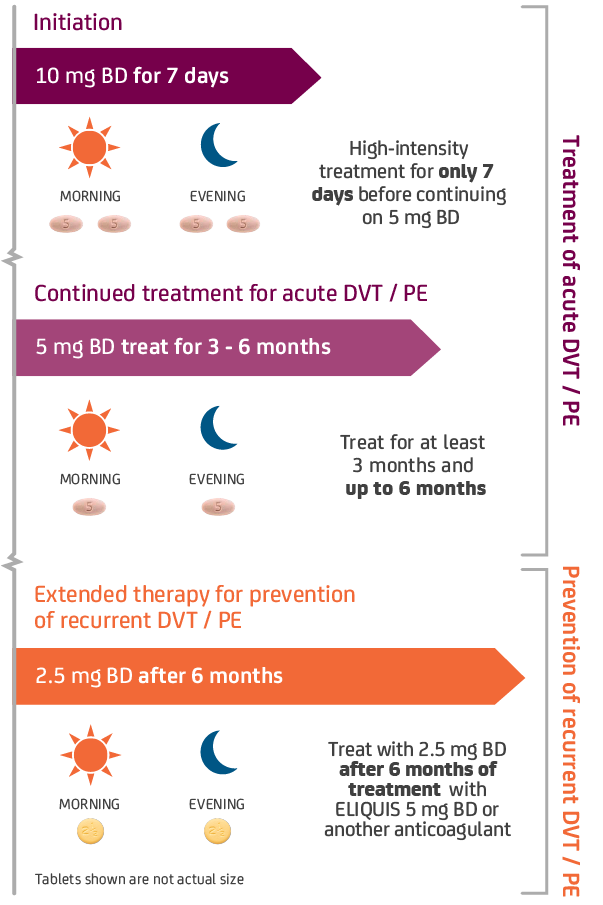



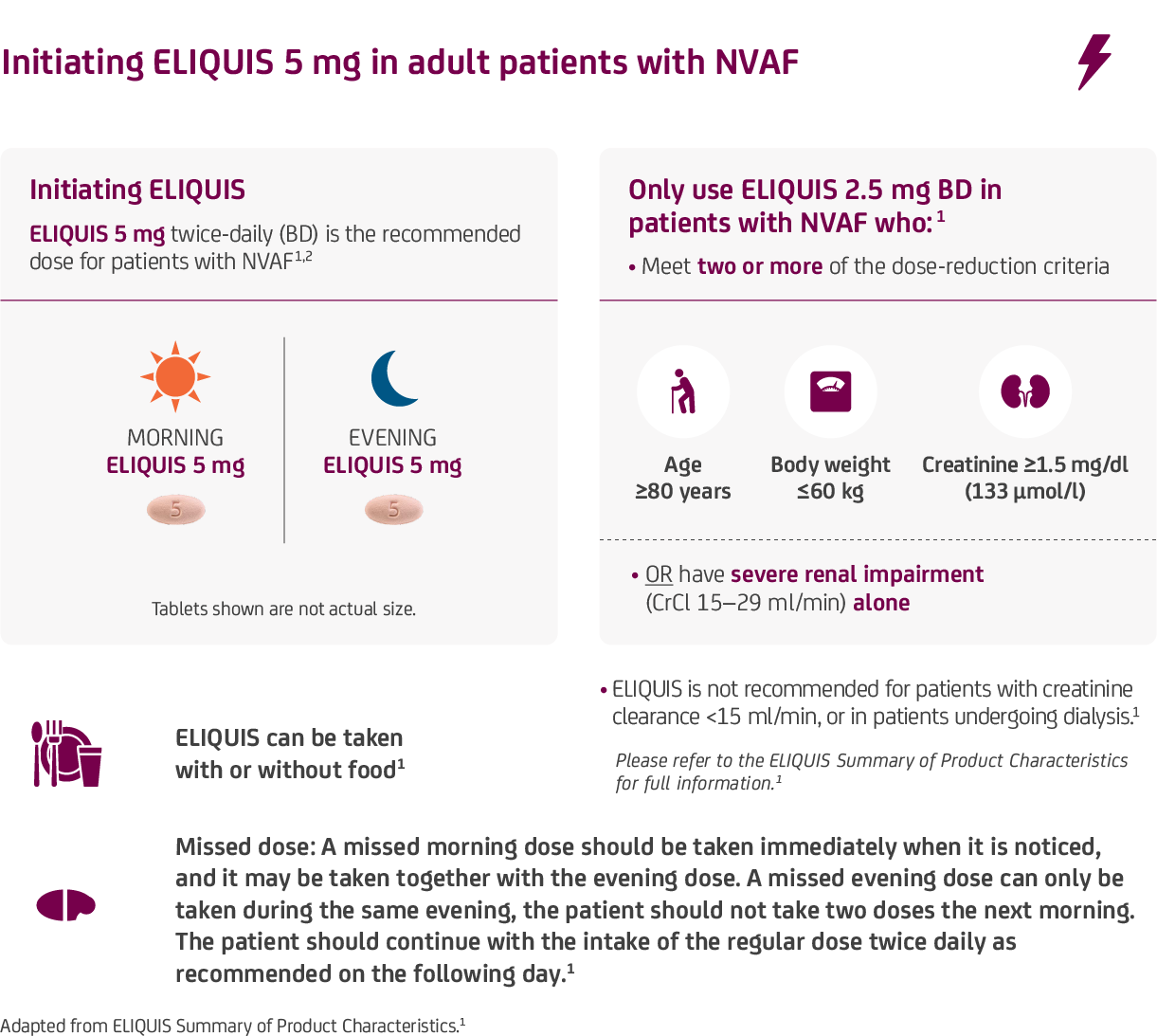
+in+patients+with+renal+impairment.jpg)
